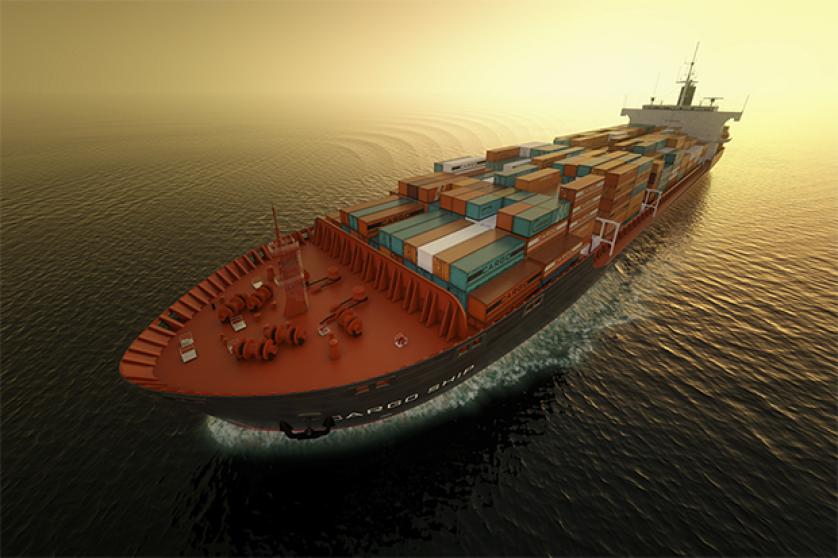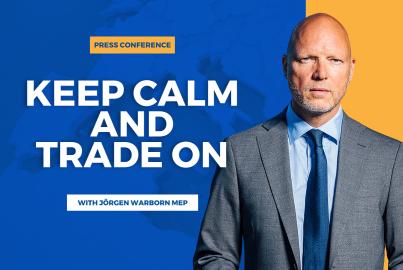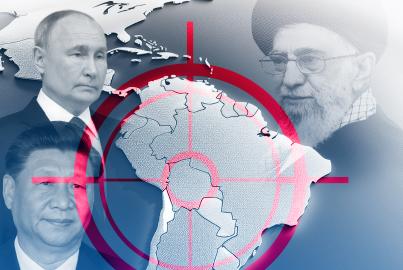Free and fair trade
Other related content
Read more
Read more
Read more
Read more
Read more
Reinforcing EU sanctions against Russia
25.03.2025
Read more
6 / 54






![City of Istanbul [nid:42653]](https://www.eppgroup.eu/sites/default/files/styles/teaser_blue/public/photo/2013/04/137192220.jpg?itok=Mys8CUWL)